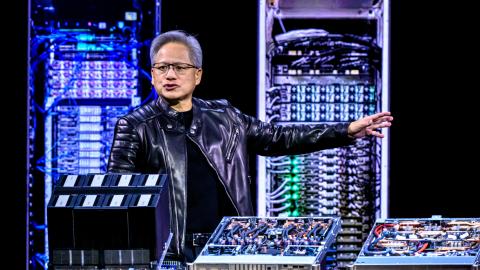Supporters of Nvidia’s Jensen Huang such as Aaron Ginn insist that selling Nvidia H20 AI chips to China will make Beijing reliant on Washington for this century’s most critical technologies (“Don’t Surrender China’s AI Market,” op-ed, July 18). They ignore decades of reality: in telecommunications, self-driving cars, cranes, and semiconductors, U.S. companies have accused Chinese firms of stealing their technology. These firms then sell the allegedly stolen tech abroad at below-market prices. This pattern, repeated in multiple industries over decades, has trapped America in a dependency on the Chinese Communist Party for some of the 21st century’s most critical technologies.
The Trump administration is rightfully enacting policies to break Chinese leverage over the U.S. Especially notable was the Pentagon’s recent investment in MP Materials to support America’s only active rare earth mineral mine that sells to the commercial market. It is an early but critical step toward eliminating Beijing’s control of elements on which civilian and military technology rely. This strategic challenge didn’t develop overnight. It is the product of decades of economic engagement with China, informed by the belief that trade would reform Beijing and reinforced by U.S. companies that cared more about accessing China’s market than the risks of equipping the People’s Liberation Army.


















